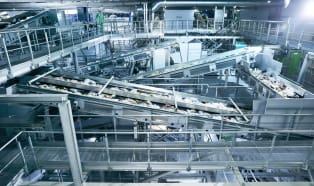
VinylPlus exceeds 810,000 tonnes of PVC recycling
VinylPlus announced the results of the first year of its 2030 Commitment at the 10th VinylPlus Sustainability Forum (#VSF2022). Livestreamed from Brussels, #VSF2022 gathered online around 500 participants from 40 countries.













